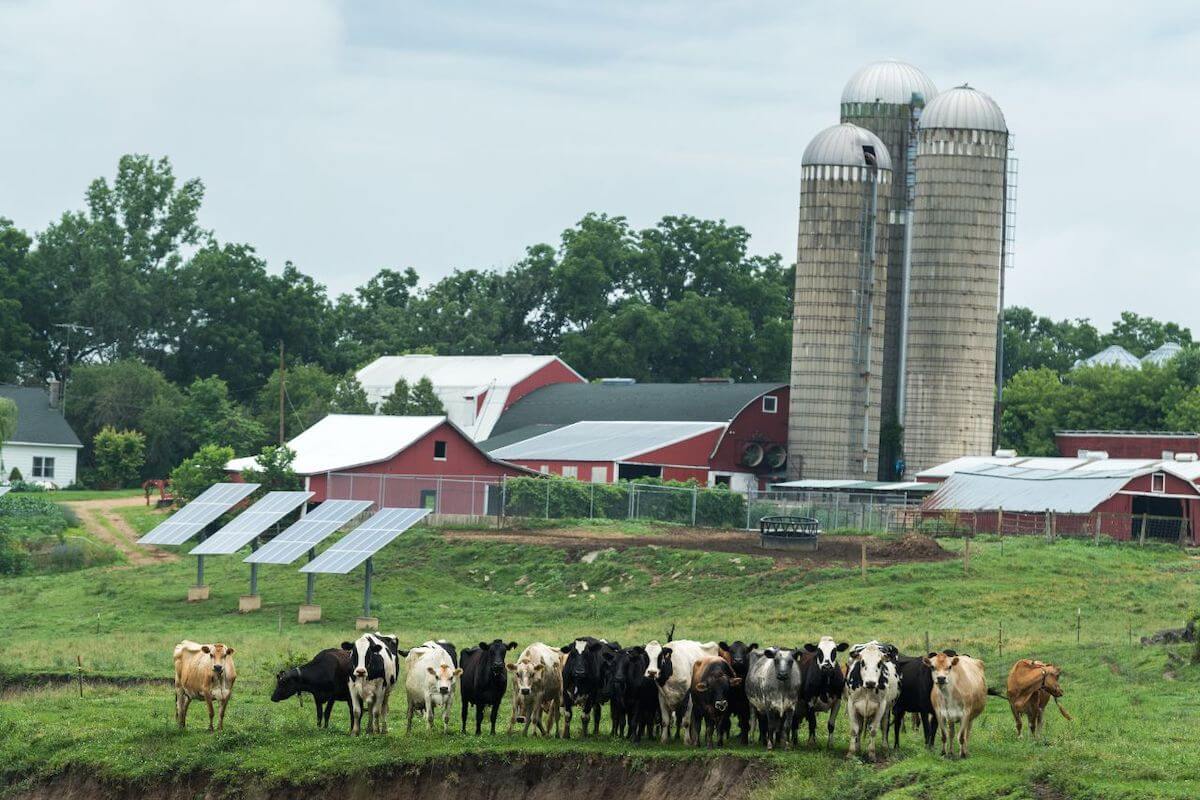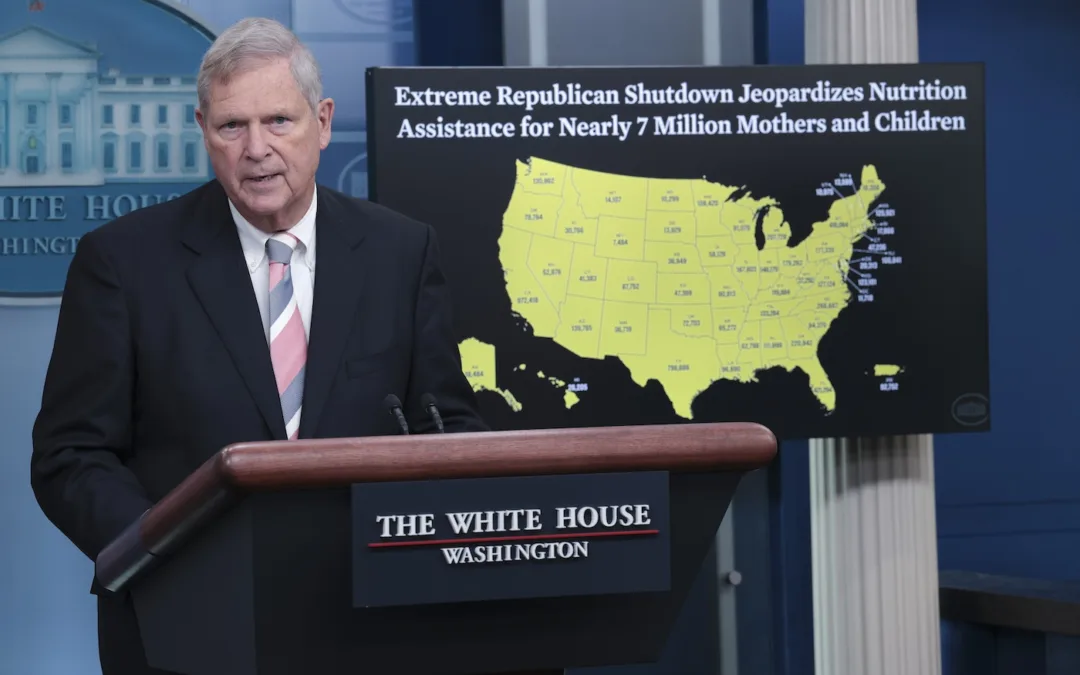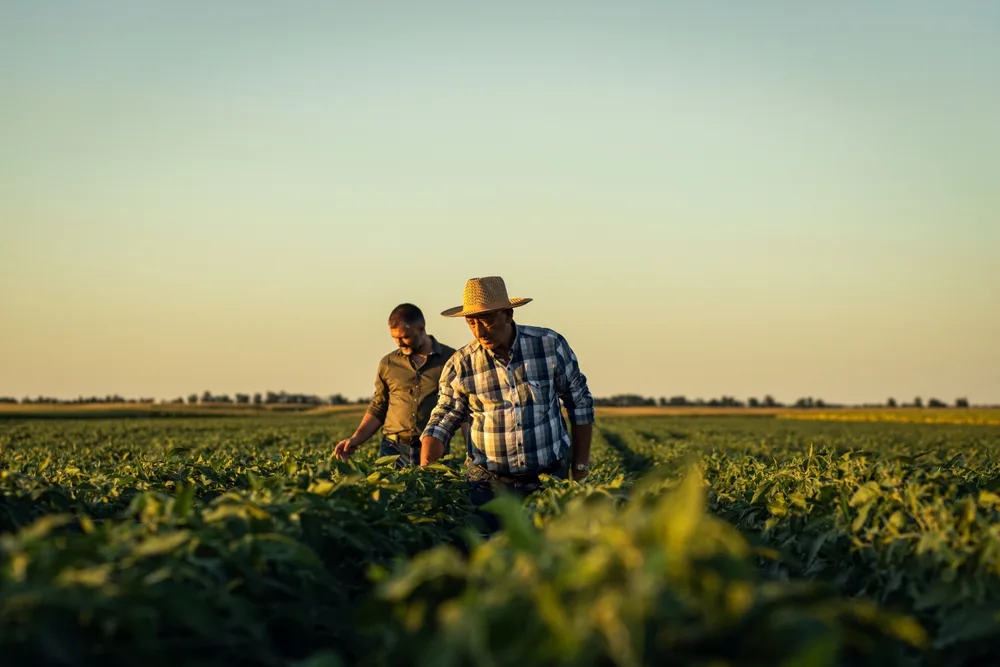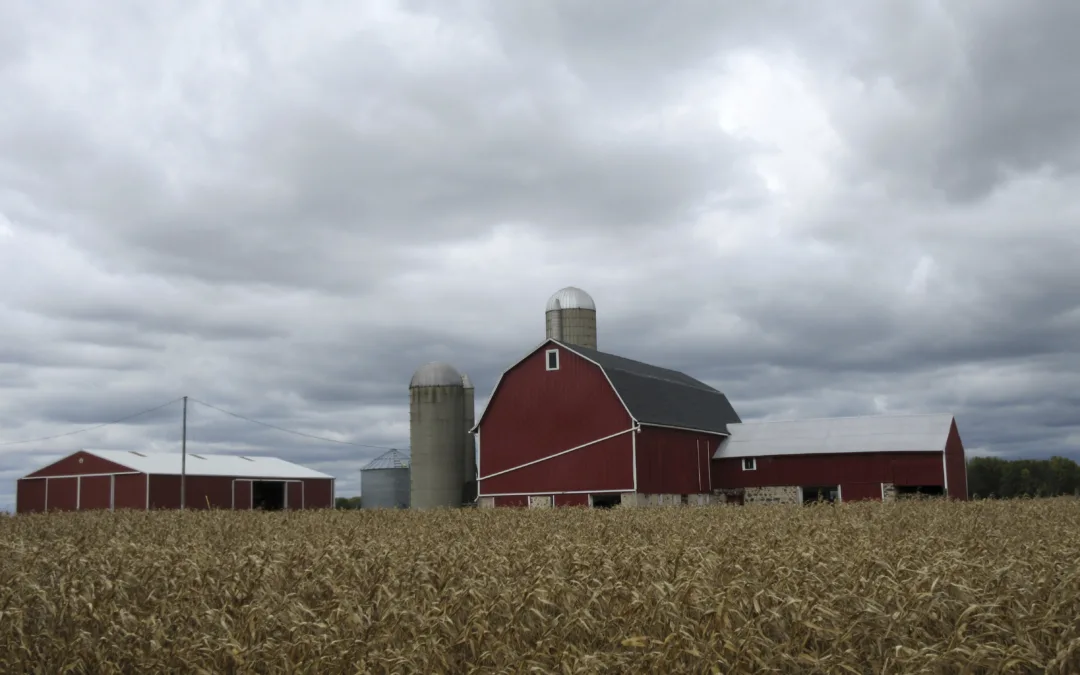
#image_title
#image_title
Basing assistance on payroll size or earnings doesn’t help farms and small businesses whose payrolls is tiny or non-existent
Family farmers and small business owners hit hard by the coronavirus pandemic aren’t receiving the help they need because the rules of a federal program to aid them exclude many from receiving funding, a U.S. Senator and officials who work with those businesses said Tuesday.
U.S. Sen. Tammy Baldwin, D-Wis., said family farmers already struggling after years of low milk prices often aren’t able to access government grants and loans available through the Small Business Administration’s Paycheck Protection Program. She outlined her concerns about struggling farmers in a May 5 letter to Treasury Secretary Steven Mnuchin and SBA Administrator Jovita Carranaza.
Baldwin said her office has heard from family farmers who have been unable to obtain loans provided by PPP. She urged President Donald Trump’s administration to issue new regulations to allow farmers to better access the program and keep their farms viable.
“In Wisconsin, our farmers are really feeling the dire impacts of this pandemic,” Baldwin told UpNorthNews. “Now more than ever, we must get federal support to the Wisconsin family farmers who need it.”
The Paycheck Protection Program offers loans designed to provide a direct incentive for small businesses to keep their workers on the payroll. SBA will forgive loans if all employees are retained for eight weeks and loan funding is used for payroll, rent, mortgage interest, or utilities.
Congress initially authorized $454 billion for PPP loans, but that funding was used up by mid-April because of overwhelming demand by business owners seeking assistance during the pandemic. Lawmakers recently replenished that fund with another $310 million.
However, Baldwin and others working with farmers and small business owners said PPP regulations prevent small operators from accessing those funds.
Loan eligibility is based on a businesses’ payroll costs or net earnings for 2019. Many family farms and small businesses have little or no payroll besides themselves, and some operated at a loss last year, especially if they wrote off some of their expenses for tax purposes.
Those without payroll employees and who didn’t make a profit last year can’t access PPP funding, Baldwin said, and lack another way to access much-needed emergency money. To address the situation, Baldwin proposes basing small business owners’ 2019 earnings before interest, taxes, depreciation and amortization are removed.
Sheila Nyberg, executive director of the Clark County Economic Development Corporation and Tourism Bureau, said she is working with small businesses and farmers unable to obtain PPP dollars. The loss of that possible funding, on top of delays by many in receiving their federal stimulus money and unemployment, means many are struggling to keep their business afloat, she said.
“For so many people, this is a waiting game without income, and I don’t know how much longer some of them can do this,” Nyberg said. “We have to do better for these people.”
Politics

Biden administration bans noncompete clauses for workers
The Federal Trade Commission (FTC) voted on Tuesday to ban noncompete agreements—those pesky clauses that employers often force their workers to...

Opinion: Trump, GOP fail January 6 truth test
In this op-ed, Milwaukee resident Terry Hansen reflects on the events that took place on January 6, the response from Trump and other GOP members,...
Local News

Readers Poll: Top Bowling Alleys in Wisconsin
Looking for the best bowling in Wisconsin? Look no further! Our readers have spoken in our recent poll, and we have the inside scoop on the top...

8 Wisconsin restaurants Top Chef judges are raving about
Top Chef’s 21st season is all about Wisconsin, and on-screen, it’s already apparent that the judges feel right at home here. But, while filming in...




